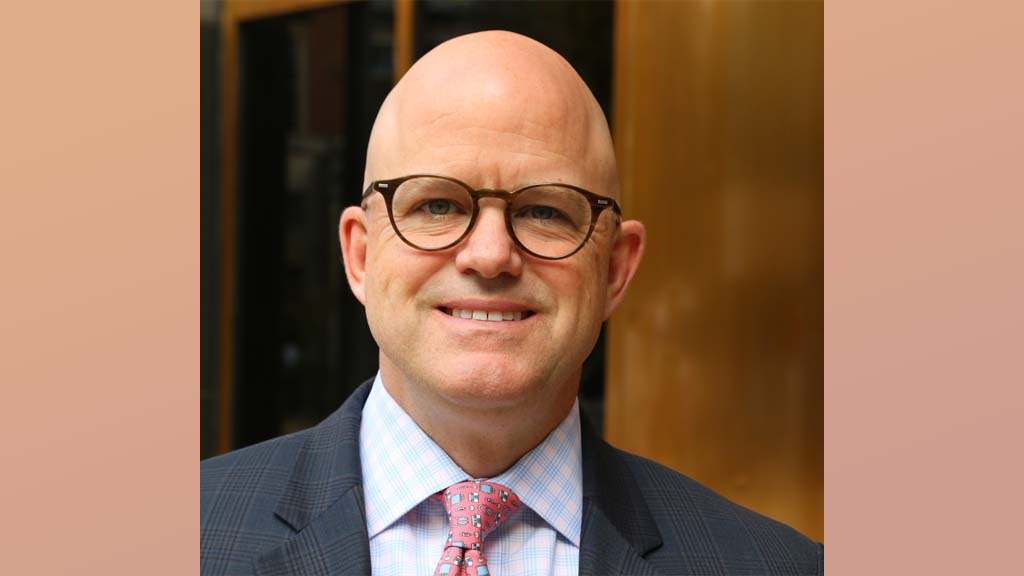Amidst controversy, FCC set to vote on net neutrality

During the 2008 presidential campaign, one of President Obama’s strongest campaign promises was to establish net neutrality for the Internet. On Dec. 21, the FCC will vote on a substantially watered-down version — one that leaves virtually no one pleased with the result.
Fought by Internet service providers, the courts, congressional lawmakers on Capitol Hill and virtually all Republicans, FCC Chairman Julius Genachowski will try again to establish broadband service that forbids both wired and wireless Internet service providers from blocking lawful content.
But this time the proposal is full of loopholes. First, it would allow broadband providers to charge consumers different rates for different levels of service. It would also allow broadband providers to manage their networks to limit congestion or harmful traffic.
In addition, it would allow Internet companies to experiment with the offering of so-called specialized services, providing separate highways outside the public Internet for specific uses like medical services or home security.
However, those companies will be required to justify why services will not be provided over the open Internet and to demonstrate that their implementation does not detract from a company’s investment in the more widely used open Internet infrastructure.
As for broadband service delivered over wires, providers to homes or offices will be prohibited from blocking lawful content, applications, services and the connection of nonharmful devices to the network. The companies also will be subject to transparency requirements as to how their networks are managed.
The FCC chairman decided not to use the commission’s telephone regulatory powers to govern broadband Internet service, a move proposed last May that would potentially open Internet service to heavier government regulation.
The professional video industry's #1 source for news, trends and product and tech information. Sign up below.
Genachowski said he believes he has the legal authority to act because his plan would help spread broadband service more widely across the country. That’s a priority that Congress has established as one of the FCC’s mandates.
While he has a fair chance of securing the votes of the two other Democrats for the Dec. 21 vote, he faces a potential conflict with one of those commissioners, Michael J. Copps, who has been very vocal in his support for stricter regulation of broadband Internet service.
“It’s no secret that I am looking for the strongest protections we can get to preserve an open Internet, built on the most secure legal foundation, so we don’t find ourselves in court every other month,” Copps said in a statement.
Noting that this is only the beginning of discussions about the proposal, which is likely to change before it becomes final, Copps added, “At issue is who will control access to the online experiences of consumers — consumers themselves or big phone and big cable gatekeepers.”
